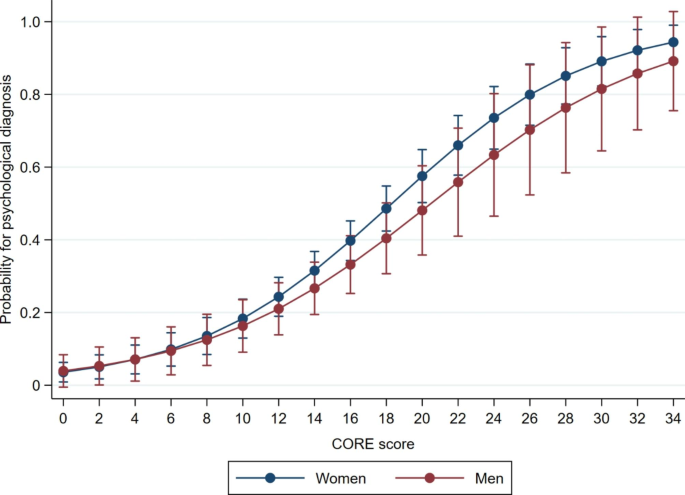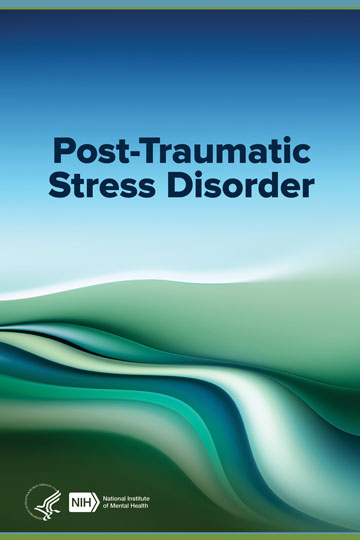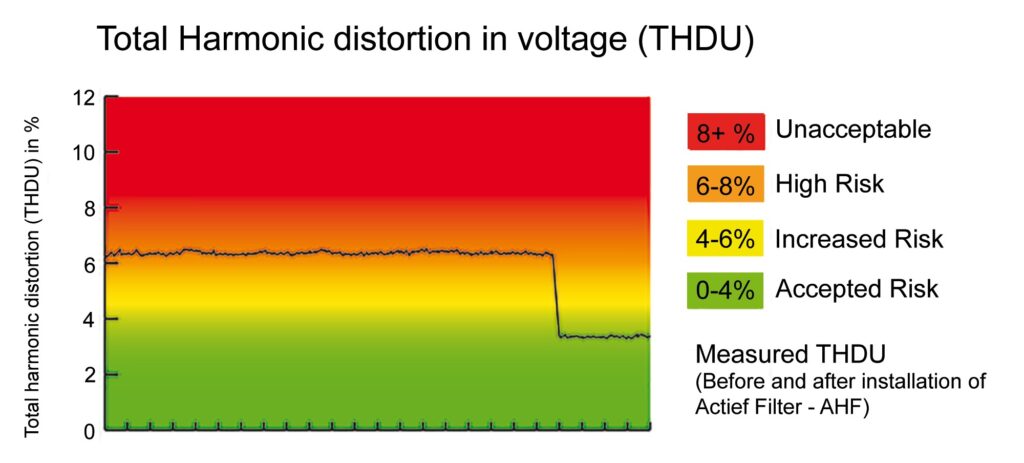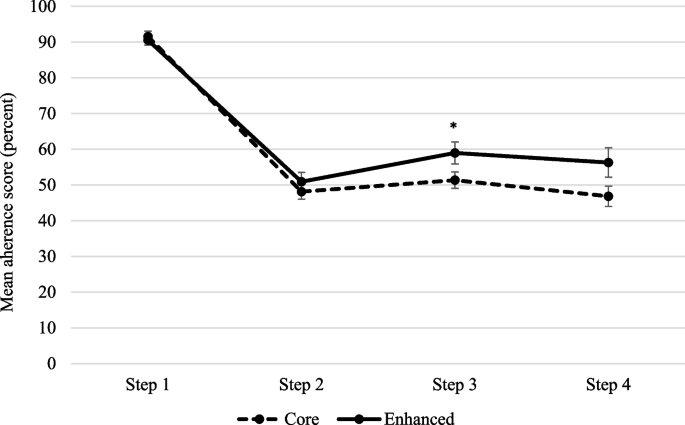GPs' identification of patients with mental distress: a coupled
$ 26.50 · 4.6 (619) · In stock

Background Mental health problems are one of the leading causes of disease burden worldwide, and are mainly diagnosed and treated in general practice. It is unclear however, how general practitioners (GPs) identify mental health problems in their patients. The aim of this study was to explore how patients’ self-reported levels of mental distress correspond with psychological diagnoses made by their GPs, and associations with sex, age, number of consultations, and somatic symptom diagnoses. Methods A questionnaire study coupled with retrospective and prospective cohort data from 553 patients aged 16–65 years in six GP offices in Oslo, Norway during 21 months in 2014–2016. Results We found that 73.3% of patients with self-reported high levels of mental distress versus only 13.3% of the patients with low levels of mental distress had received a psychological diagnosis (p < 0.01). We found an increase in number of consultations for the group with high levels of mental distress regardless of having received a psychological diagnosis (p < 0.01). There was also an increase in number of somatic symptoms (p = 0.04) and higher number of females (0.04) in this group. 35% of patients had received one or more psychological diagnosis by their GP. Mean CORE-10 score, being female and a high number of consultations was associated with having received a psychological diagnosis. In the adjusted analyses high CORE-10 score and a high number of consultations still predicted a psychological diagnosis. Conclusions We found a clear association between self-reported mental distress and having received a psychological diagnosis amongst the participants, and the probability for being identified increased with increasing levels of mental distress, and increasing number of visits to their doctor. This suggests that GPs can identify patients with high levels of mental distress in general practice in an adequate way, even though this can sometimes be a complex issue. Trial registration Trial registration The main study was retrospectively registered in ClinicalTrials.gov on August 10 2019 with identification number NCT03624829.
:max_bytes(150000):strip_icc()/VWH_Illustration_How-to-Support-a-Spouse-Living-With-Bipolar-Disorder_Illustrator_Julie-Bang_Final-7ec0a99ee0174dab87d2cac17a279ab1.jpg)
Living With a Bipolar Spouse: What to Expect

Post-Traumatic Stress Disorder - National Institute of Mental Health (NIMH)

Average scores, standard deviations (SDs), minimum and maximum scores

Path diagram of the hypothesized mediation model.

The role of psychology in palliative care

PDF) Primary carePatients' perceptions of entitlement to time in general practice consultations for depression: qualitative studyCommentary: Managing time appropriately in primary care
:max_bytes(150000):strip_icc()/GettyImages-699085161-5a171141b39d030039d163b4.jpg)
How to Cope With Stigma When You Have a Mental Illness
:max_bytes(150000):strip_icc()/psychotherapy-4157172-FINAL-c8cdb021acb1432d9dffa76a8bfd7f50.png)
Psychotherapy: Definition, Types, Efficacy

Regression analysis (generalized linear mixed model) of factors

Torleif Ruud - Institute of Clinical Medicine

PDF) Detecting young people with mental disorders: a cluster-randomised trial of multidisciplinary health teams at the GP office

Two distinct approaches to the same symptom complex post mTBI. (A)









